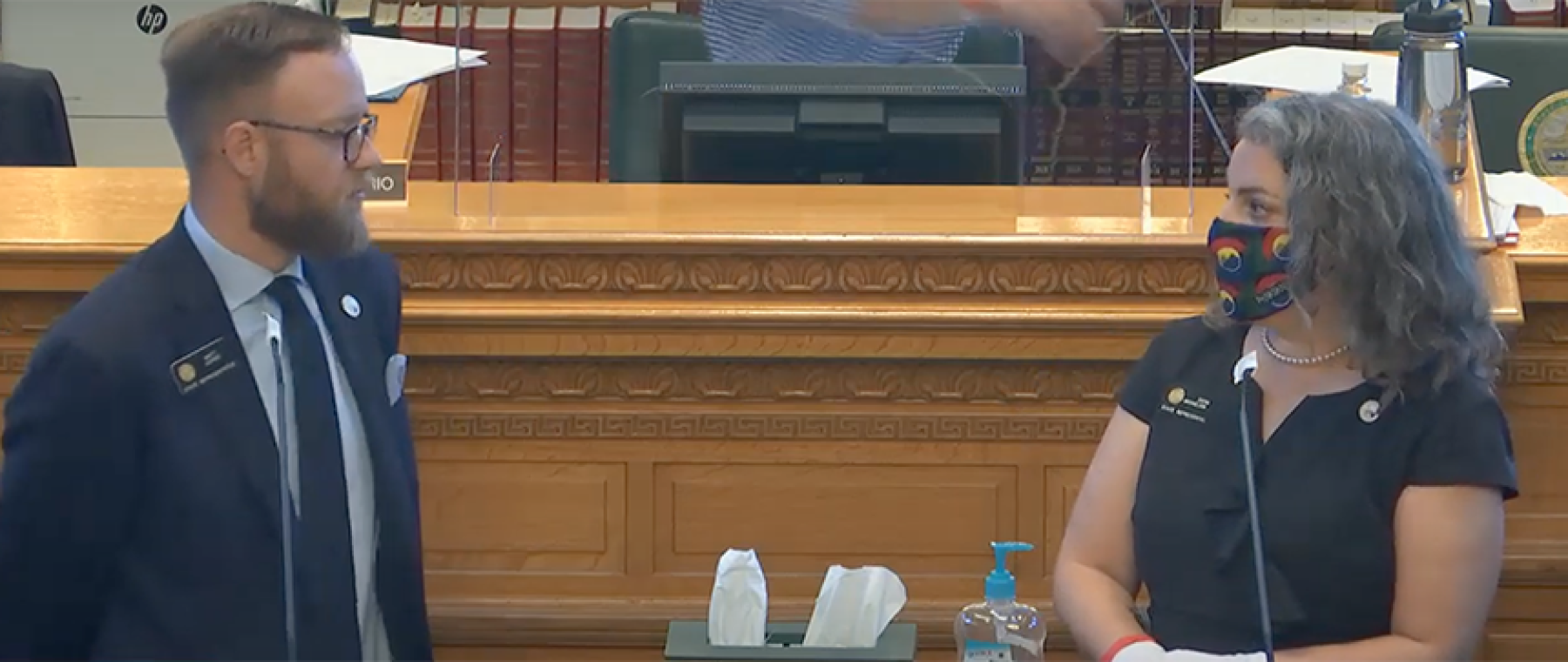As summer begins and strict social distancing rules come to an end, two trends present since the beginning of the pandemic are intensifying.
First, policy decisions are being made closer and closer to home, rather than in Denver or Washington. Second, Americans are viewing the pandemic and efforts to fight it through an increasingly partisan lens.
These two trends are related, and understanding them is important as we prepare for a possible resurgence of COVID-19 in the summer or fall.
Policy is Increasingly Fragmented
Gov. Jared Polis extended his Safer at Home order until June 1, but exceptions to the policy have become the rule. Of Colorado’s 64 counties, 33 have secured variances to the Safer at Home policy, often to open restaurants, malls, or churches. The Colorado Department of Public Health and Environment has delayed five counties’ requests.
This means there is effectively not a statewide social distancing policy anymore. There are dozens of local policies that are similar but not identical.
The fragmentation of policymaking goes even further. Each day, all of us are making important policy choices for ourselves and our households, and the power of “personal policymaking” matters to a much greater degree during the pandemic than in most other times in history.
Public health interventions rely on people to make choices that benefit the greater good — staying home, washing hands, wearing masks. And the data show that most people have chosen well. New cases of COVID-19, hospitalizations, and deaths are all down in Colorado.
In fact, the people were one step ahead of public health orders when the pandemic came to Colorado. The chart below shows requests for driving directions to Apple Maps, a proxy for whether people were following stay-at-home orders. Coloradans started driving less a full two weeks before the first stay-at-home orders. They also started driving more before the statewide and metro Denver orders expired.

